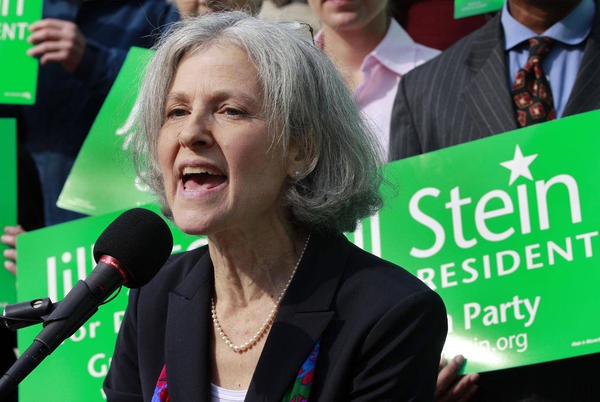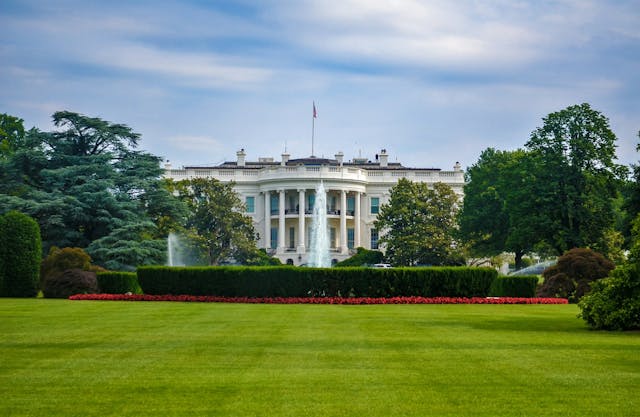Third Parties' Nominees Break The "Glass Ceiling"


Over the last couple election cycles in the United States, there has been much talk of a "glass ceiling" in US electoral politics that racial minorities and women have not been able to completely break through to higher US political offices such as the US Senate and the presidency. For the two biggest parties in America, it's been mostly talk, but third parties are paving the way for women with female presidential candidates, and not just at the bottom of the ticket.
Neither the Republican nor Democratic parties have ever nominated a woman to run for president in the general election, and the two party system's male nominees have only selected a female vice presidential running mate twice in US history, Geraldine Ferraro, who ran with Walter Mondale on a failed Democratic ticket in 1984, and Sarah Palin, who ran with John McCain on a failed Republican ticket in 2008.
There has been much speculation on the possibility of a surprise, Obama / Clinton ticket in 2012 to shake up a lethargic Democratic voter base, as well as the possibility of a Romney / Rice ticket to shake up a Republican voter base likewise short on enthusiasm. But this election cycle, more than one third party is breaking through the glass ceiling, and not just with a token female vice presidential pick, but with women at the top of the ticket, running for the number one spot in the US government's executive branch.
The Green Party's ticket features both a female presidential and vice presidential candidate, with Massachusetts doctor Jill Stein in the number one spot and leading anti-poverty advocate Cheri Honkala heading up the bottom of the ticket as Stein's running mate. In contention for the Green Party's nomination was another woman, television actress Roseanne Barr, who moved on to secure the Peace and Freedom Party's nomination after her failed bid for the Green Party's nod. Her running mate is also a woman: prominent and controversial antiwar activist Cindy Sheehan.
That's two third parties with tickets composed entirely of women in 2012, and female presidential candidates in third parties isn't a recent phenomenon. In 2008, the Green Party nominated Georgia congresswoman Cynthia McKinney and her running mate was community organizer Rosa Clemente. The conservative American Party nominated Diane Templin as its presidential candidate in 2008 as well, and her running mate was Linda Patterson. Templin was the American Party's nominee in 2004 and 1996 as well. The Party for Socialism and Liberation also nominated a woman for president in 2008, Gloria La Riva.
In 1996, there were five female presidential candidates nominated by third parties. In 1992, there were four. In 1988 there were two. In 1984 there were two. In 1980 there were three. In 1976, the People's Party nominated Los Angeles community organizer Margaret Wright for president on a platform of bringing the troops home from the war (in Vietnam), legalizing marijuana, and promoting gay rights. Further back in history, American third parties were still nominating women for president, even though the two main parties have yet to do so.
The very first female nominee for president was successful businesswoman and suffragist Victoria Woodhull, who ran for president in 1872 on the Equal Rights Party ticket at a time when women could not even vote in the United States. Though she won her party's nomination, the government refused to print her name on ballots. Without having ever nominated a woman to run for president, could the two main parties really be over a century behind third parties when it comes to gender equality? As coveted a voting bloc as women are in the United States, the two main parties appear unwilling to nominate one for president. Perhaps female voters could send a message by declaring their independence and taking their votes with them.


